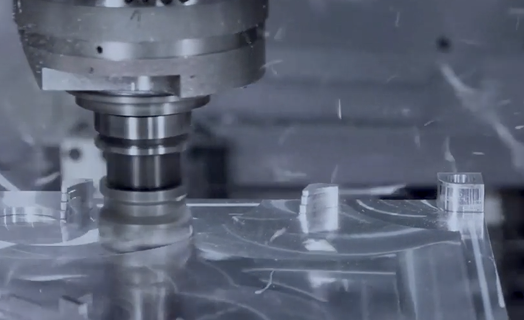Get access to 24+ metal and plastic CNC machining materials for rapid prototyping and low-volume CNC parts.

All uploads are secure and confidential

Backed by industry leaders:



Name
Material Technology
Material Group
No results found.
Yes, we offer a variety of materials with special properties. For example, engineering polymers can offer heat resistance, elastomers are ideal for flexible applications, and some polymers and resins are compliant with food standards.
Our engineering polymers and nickel alloys are known for their high-temperature resistance. These materials are ideal for applications operating in high-temperature environments such as engines and aerospace components.
Yes, we offer biocompatible materials, such as certain resins and titanium alloys, suitable for medical implants, orthopedic devices, and surgical instruments.
We provide materials compliant with food standards, such as specific polymers and resins that can be used in contact with food without risk of contamination.
Yes, our materials like copper and its alloys offer excellent thermal and electrical conductivity, ideal for electronic and heat dissipation applications.
For applications requiring high mechanical strength, we recommend using steel, titanium alloys, and aluminum alloys. These materials offer an excellent combination of robustness and durability for structural and mechanical components.
All uploads are secure and confidential